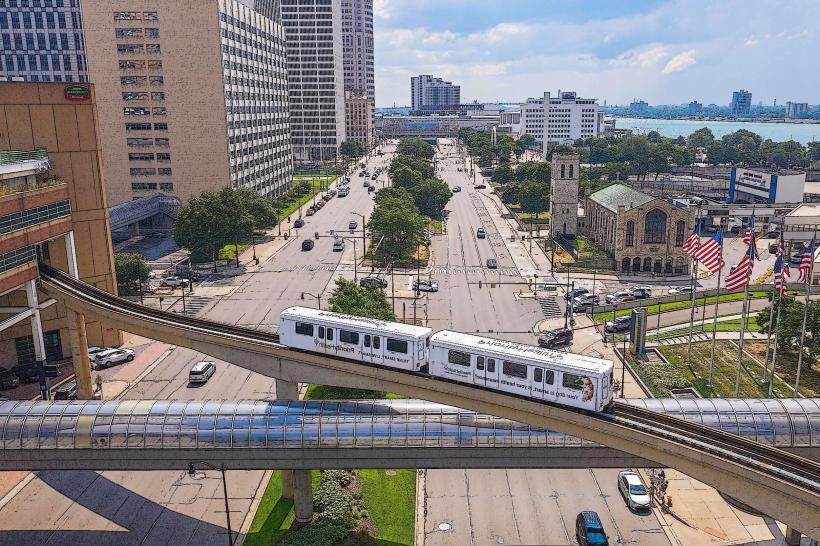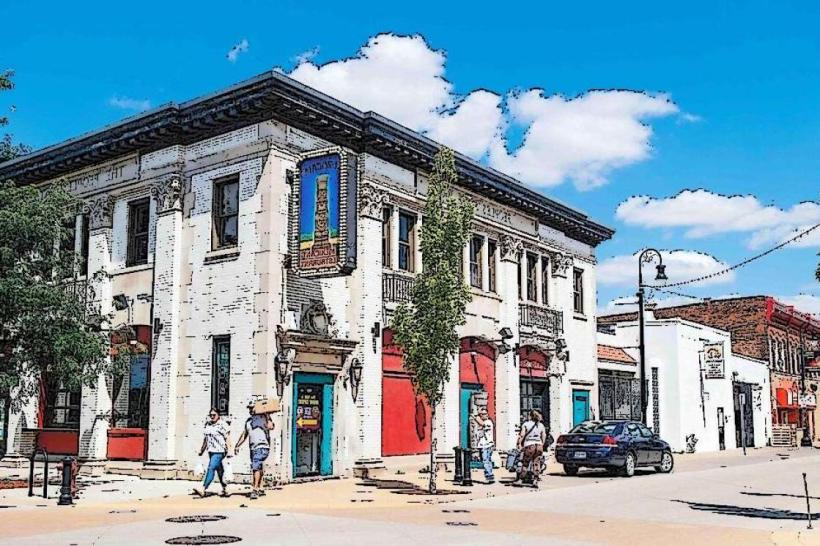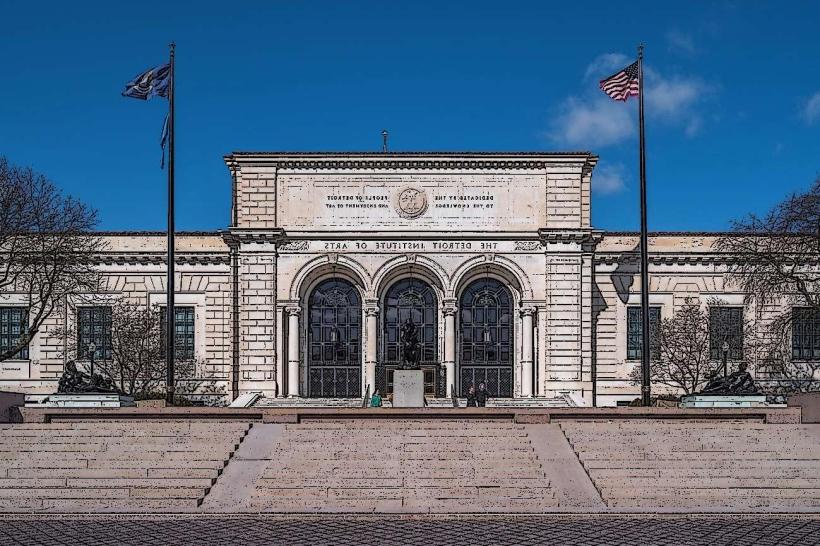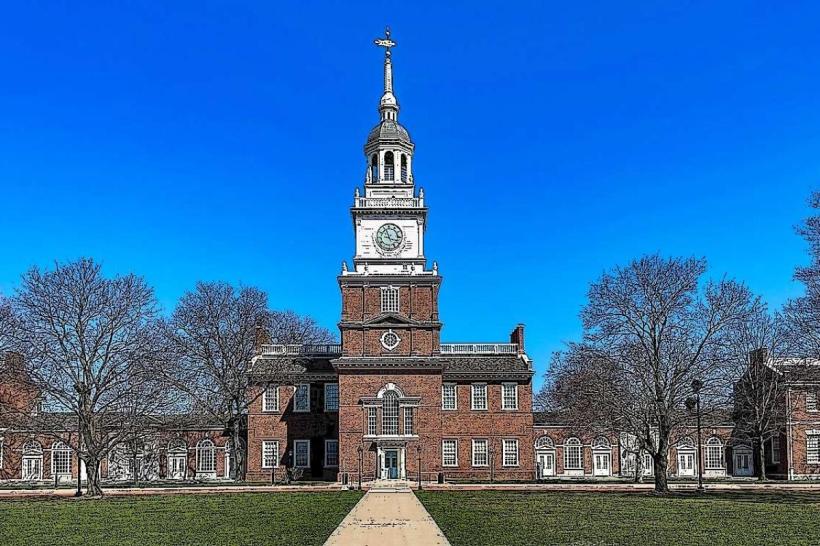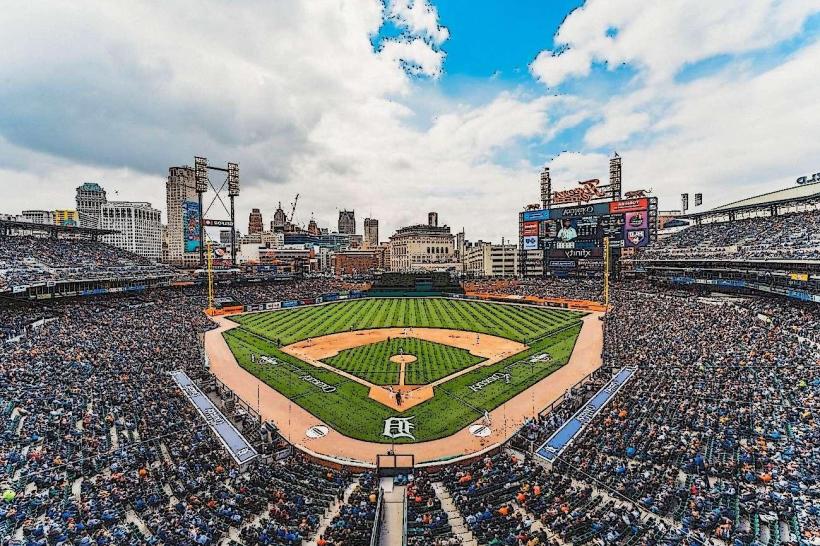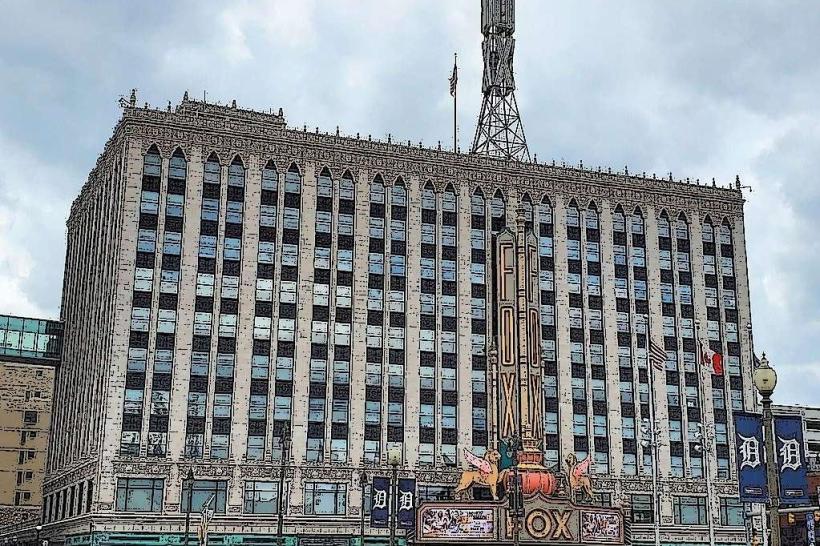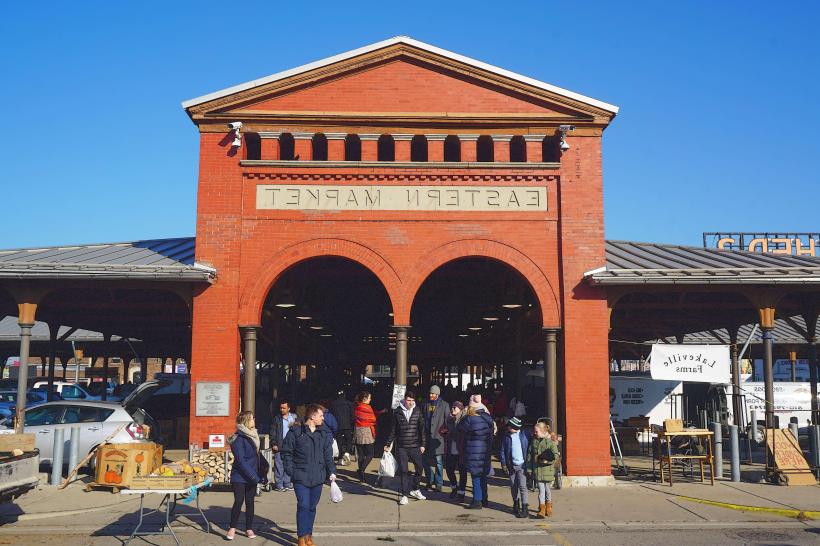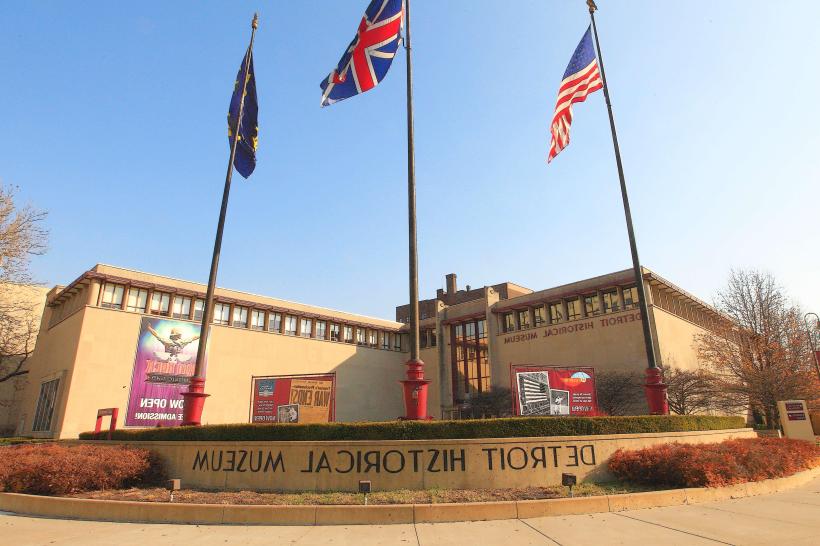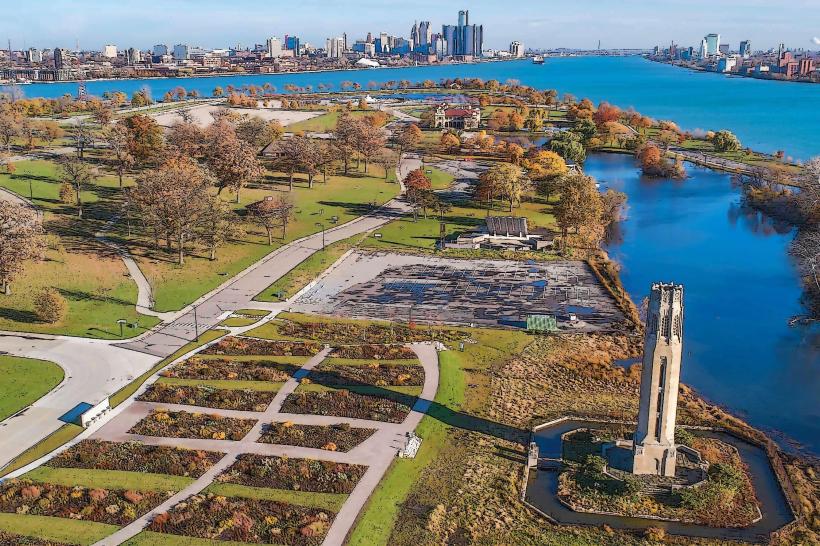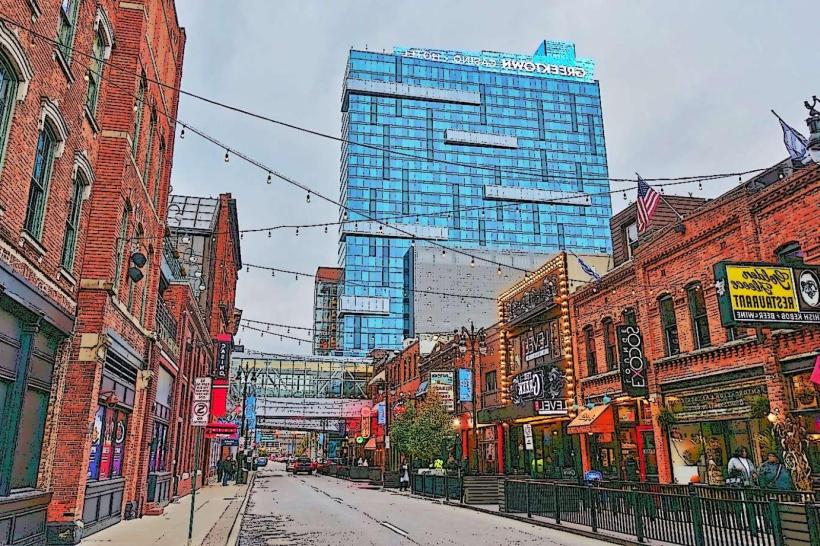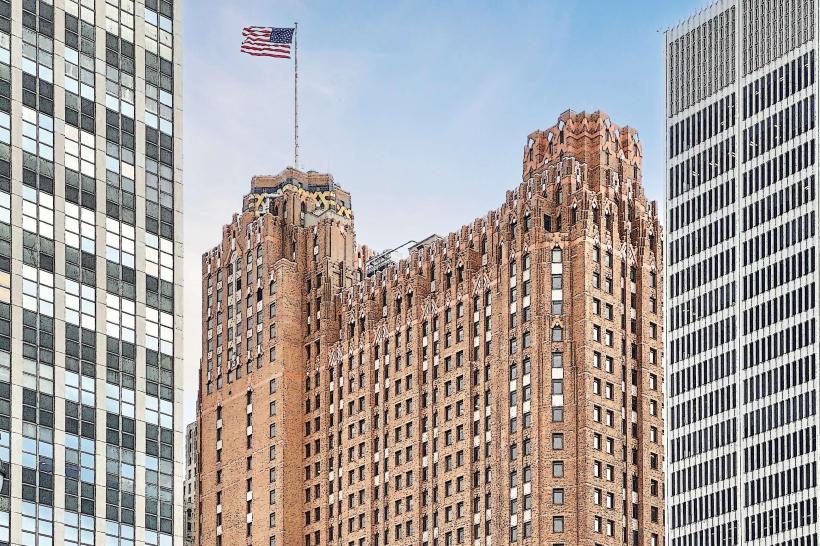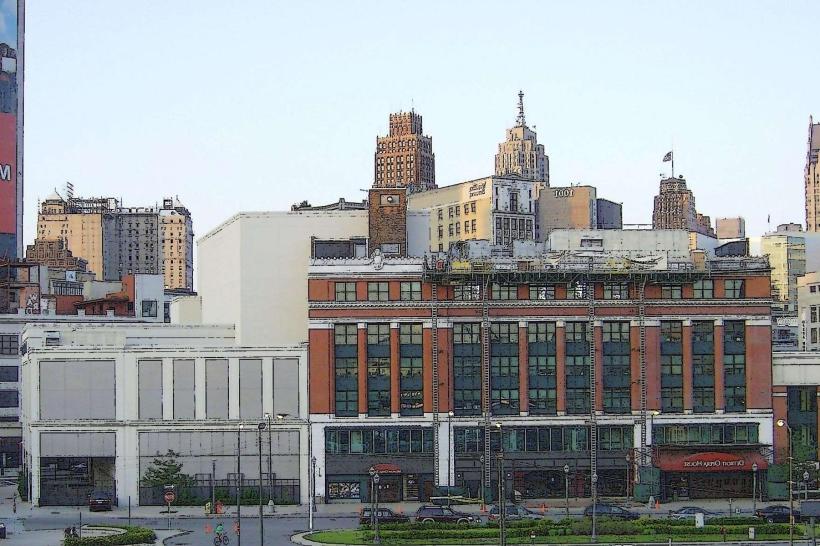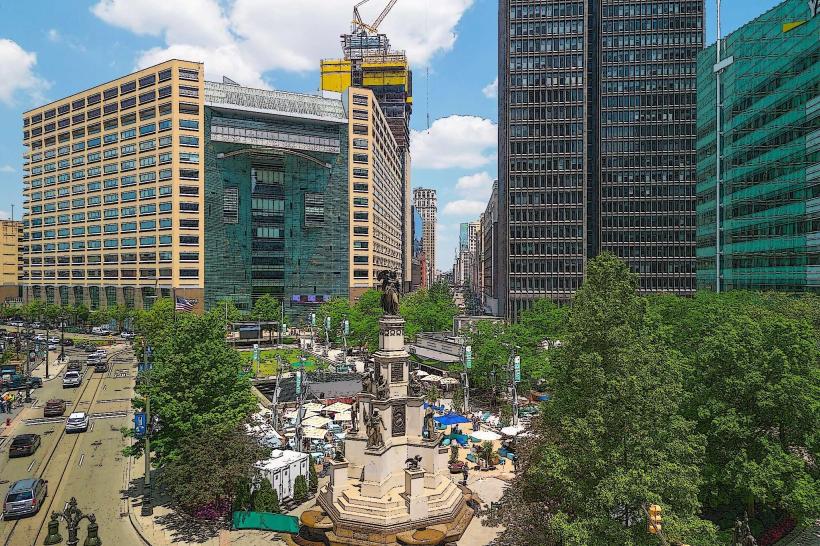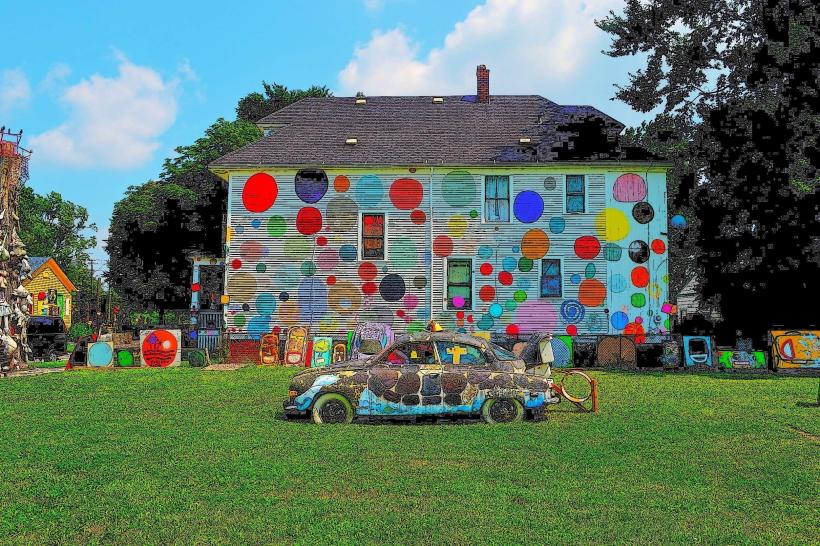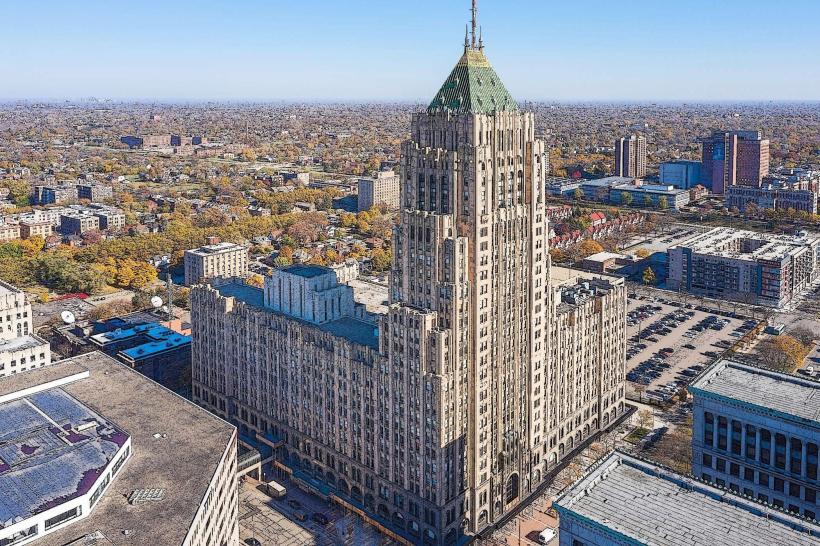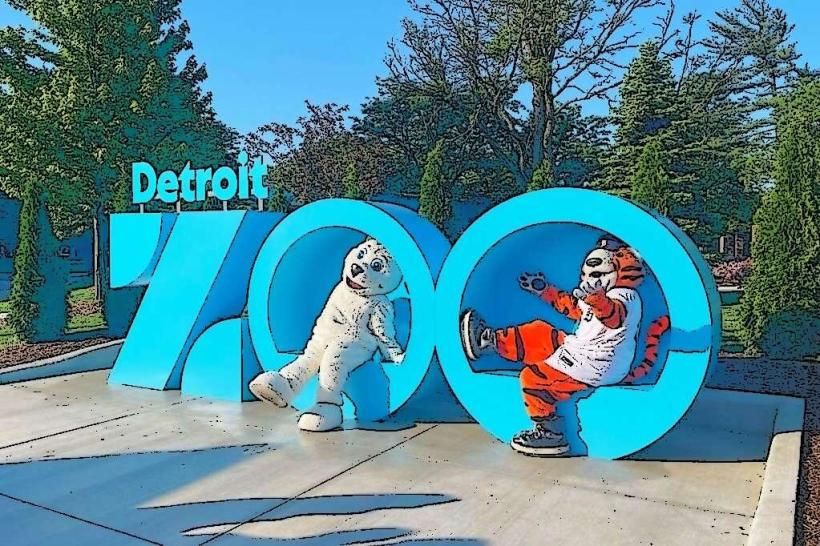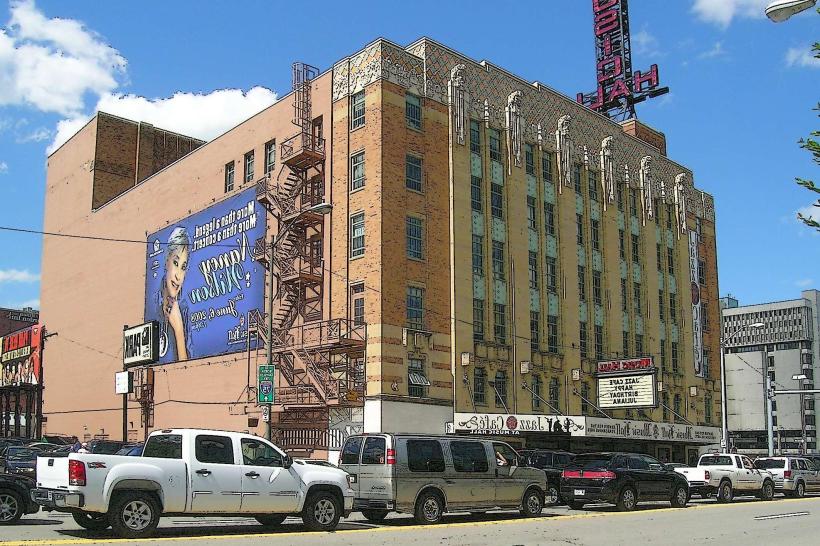Information
Landmark: Michigan Science CenterCity: Detroit
Country: USA Michigan
Continent: North America
Michigan Science Center, Detroit, USA Michigan, North America
The Michigan Science Center is an educational institution located in Detroit, Michigan, USA.
It functions as a hub for science learning and engagement for all ages.
Visual Characteristics
The building is a modern structure with a facade primarily composed of glass and steel, allowing natural light into its interior exhibition spaces. Its exterior is characterized by clean lines and geometric shapes.
Location & Access Logistics
The Michigan Science Center is situated at 5020 John R Street, Detroit, MI 48202. It is approximately 2.5 miles (4 km) north of the Detroit city center. Parking is available in a dedicated lot adjacent to the building, with a fee. Public transport options include the Detroit Department of Transportation (DDOT) bus routes 16 (Dexter/Grand River) and 53 (Woodward), which stop within walking distance of the center.
Historical & Ecological Origin
The current Michigan Science Center building opened in 2012, relocating from its previous site. The institution's origins trace back to the Detroit Science Museum, founded in 1970. Its purpose is to promote scientific literacy and inspire curiosity through interactive exhibits and programming.
Key Highlights & Activities
Activities include exploring permanent exhibits such as the "DTE Energy Foundation Science and Engineering Hall," "Kid Science," and the "Toyota Engineering Lab." The center also features a planetarium for astronomical shows and a 4D theater for immersive educational films. Special workshops and demonstrations are scheduled regularly.
Infrastructure & Amenities
Restrooms are available on multiple floors. Indoor seating areas provide opportunities for rest. Cell phone signal (4G/5G) is generally reliable within the building. On-site food options include a cafe serving light meals and snacks. Vending machines are also present.
Best Time to Visit
Weekdays, particularly during school hours, tend to be less crowded. For optimal viewing of planetarium shows, check the daily schedule upon arrival. The center is open year-round, with extended hours during school breaks and summer months.
Facts & Legends
The Michigan Science Center houses the largest IMAX dome theater screen in Michigan, measuring 62 feet in diameter. This allows for a highly immersive viewing experience for its educational films.
Nearby Landmarks
- Detroit Institute of Arts (0.3km West)
- Wayne State University (0.8km North)
- The Scarab Club (0.4km West)
- Max M. Fisher Music Center (0.6km Southwest)


